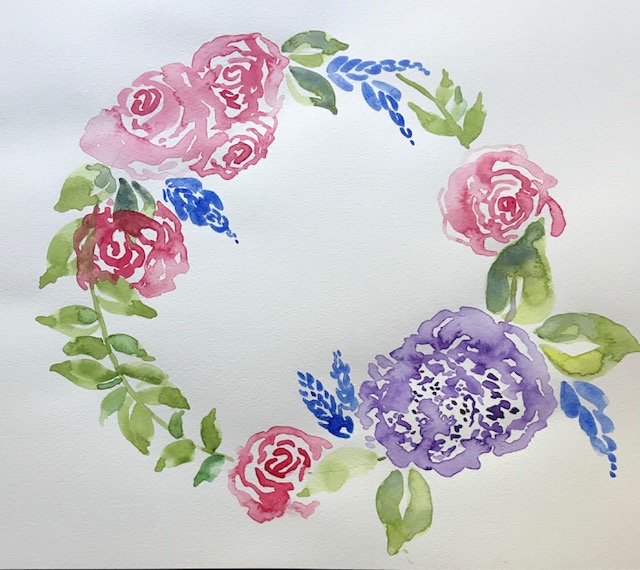I'm always a nihilist at 2am.
I’m always a nihilist at 2am. Then again, it’s 2am. Here's a handy little life-hack: don't try to solve all the world’s problems at 2am. Or when you're tired. Or when your chronic illness flares up.
I’m always a nihilist when my mental illness flares up. It's hard to stay cheery about life when all I can see is unending struggle.
Both of the following statements are true:
- God is good.
- Chronic illness sucks.
I have to remind myself that one truth does not cancel out the other.
When my illness is flaring, it’s easy to see everything that’s wrong with my life. I have no friends, my oven is broken, I’m overweight and I keep forgetting to pay my credit card bill. It’s at these moments when I need to just calm down and give myself a break.
I shouldn't task my brain with the impossible task of fixing everything all at once.
On my Facebook page, a reader named Sandra noted that those who suffer from chronic illnesses are more prone to a nihilistic outlook on life. This resonated with me. Nihilism suggests there is no ultimate meaning to life; that the rules, mores and morals governing our lives are arbitrary, the conventions of whatever dominant system is in power. The lack of meaning is what resonates with me.
When you're in constant pain or dealing with a never ending, chronic illness—it’s really hard to believe God has some grand purpose for your life.
Chronic mental illness has also forced me to re-examine the very premise of that idea. Throughout my childhood and early adulthood, I always heard that God had a grand purpose for my life, that God’s plans for my life could be found in the words of the prophet Jeremiah: “For I know the plans I have for you,” declares the Lord, “plans to prosper you and not to harm you, plans to give you hope and a future.”(Jeremiah 29:11)
But how does this verse apply when faced with the reality of constant, daily battle with chronic illness? When I look back through my life—and especially when I consult my gratitude journal—I can see the fingerprints of God throughout my days. I can see the blessings and the gifts bestowed upon me. But the grand purpose? Participating in the great work of God in my generation? No, I don't see that. Maybe it's not there. Or maybe God's definition of "plans to prosper" me are much smaller than I imagined. And maybe that's OK.
I suppose learning to find the blessings in my life may mean learning to grapple with the constraints of my chronic illness. The poet does not give up hope when confronted by the constraints of a sonnet. Rather, perhaps, the rules and limitations of a sonnet provide a fine chisel to refine the poet’s choice of words. Could it be the same be said for me?
Could my life's purpose find its fulfillment under the refining chisel of mental illness?
Maybe what I don’t like is the fact that this requires discipline. Finding life's purpose and meaning doesn’t just happen by itself. I have to work at it. I have to struggle, even.
I have to remember that I was made for the struggle. Perhaps the struggle itself is the meaning I’ve been searching for because in the struggle I find strength I didn’t know I had, I find courage in the face of fear, I find love in the midst of pain. I wouldn’t have found these things if I didn’t have to struggle.
Perhaps the illness isn't a curse after all. Perhaps it is a gift.

